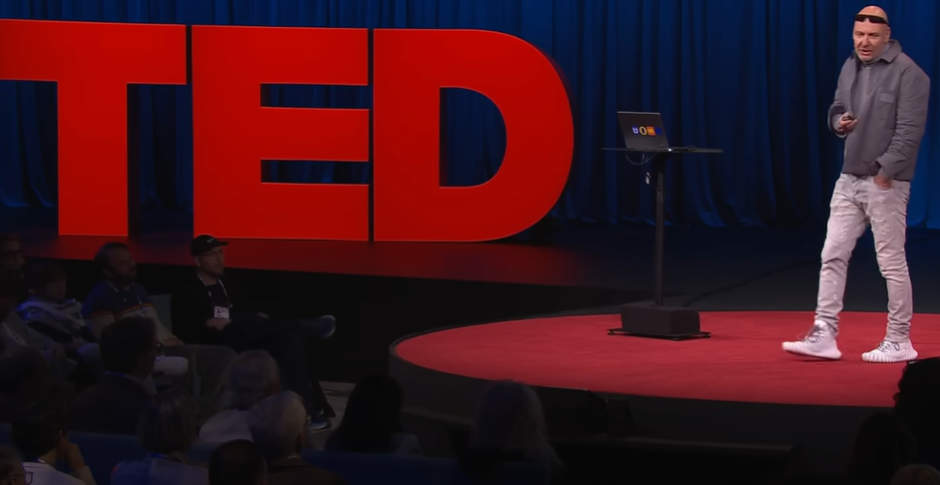In his recent TED talk, Hartmut Neven, founder of Google Quantum AI, dived into the world of quantum computing, revealing how this exciting technology transcends traditional computing.
“Today’s computers, like your laptop or a server at a Google data center, operate on the binary logic of zeros and ones,” Neven began, contrasting this with the quantum computer’s ability to leverage the principles of quantum physics.
Unlike conventional computers, which rely on binary logic, quantum computers use quantum bits or qubits.
“A quantum computer like this one replaces the binary logic with the laws of quantum physics, giving it more powerful operations,” Neven explained. This capability allows quantum computers to perform certain computations with significantly fewer steps than classical computers.

Neven illustrated this with a vivid analogy: “Quantum computing is the first technology that takes the idea seriously that we live in a multiverse. It can be seen as farming out computations to parallel universes.” He elaborated on the concept of superposition, where quantum systems exist in multiple configurations simultaneously, vastly expanding their computational potential.
One striking example Neven provided is a search task. Imagine a tall closet with a million drawers, and you need to find an item hidden in one of them.
“On average, it will take half a million steps to find the item, but with a quantum algorithm, it would only take 1,000 steps,” he said. This dramatic reduction in search time showcases the incredible efficiency of quantum computing.
Neven also discussed the practical applications of quantum computers today, noting that his team has prepared interesting quantum states and studied their properties.
“We have published dozens of papers in high-impact journals like Nature and Science,” he stated, comparing these achievements to creating “little pieces of magic.” For instance, they have explored time crystals and even spawned a tiny traversable wormhole, pushing the boundaries of what is physically possible.
Looking ahead, Neven shared Google’s ambitious roadmap to build a large, error-corrected quantum computer.
“To unlock more applications, you will need to build a large error-corrected quantum computer,” he asserted. This involves achieving six milestones, two of which have already been completed. Notably, Google’s quantum chip performed a computation that would take the fastest supercomputer 10,000 years to complete. “Recently, we repeated this experiment, and now, today’s top supercomputer would need one billion years to perform this computation,” Neven revealed, demonstrating the rapid advancement of quantum technology.
The potential applications of quantum computing are vast, spanning medicine, sustainable energy, AI, and neuroscience. Neven mentioned working with a pharmaceutical company on algorithms to describe enzymes that metabolize drugs, designing more effective batteries for electric cars and airplanes, and hastening the development of fusion reactors to combat climate change.
“Quantum computers will become a must-have capability to serve foundational computational tasks,” he predicted.
Neven stressed the transformative impact of quantum computing on future generations.
“A quantum computer will be a gift to future generations, giving them a new tool to solve problems that today are unsolvable,” he said, envisioning a future where quantum technology addresses some of humanity’s most pressing challenges.
Neven’s insights highlight the extraordinary potential of quantum computing, a field poised to revolutionize our understanding and approach to solving complex problems.
















